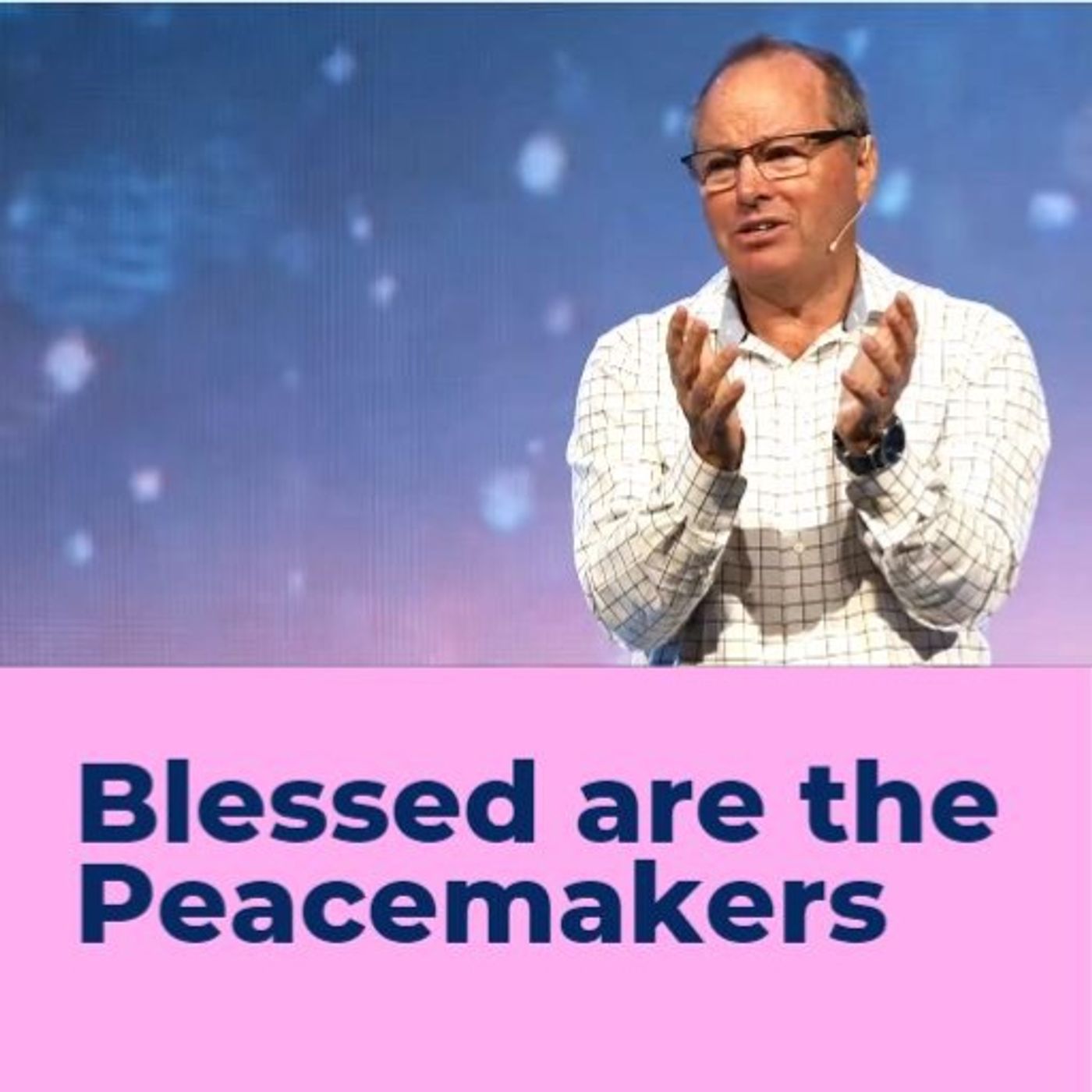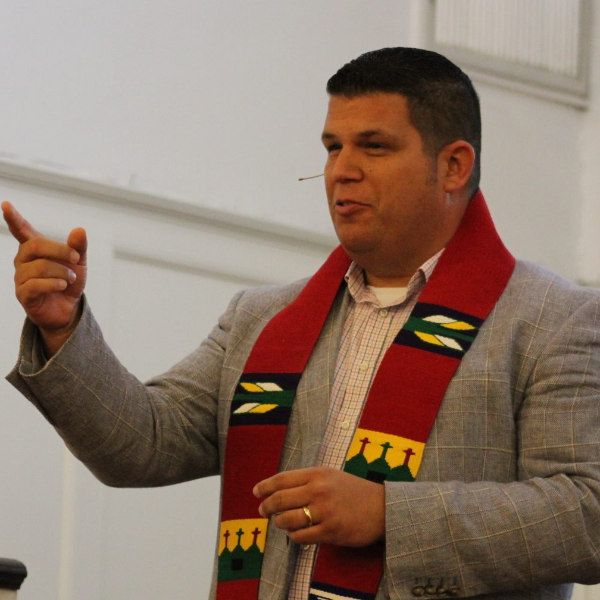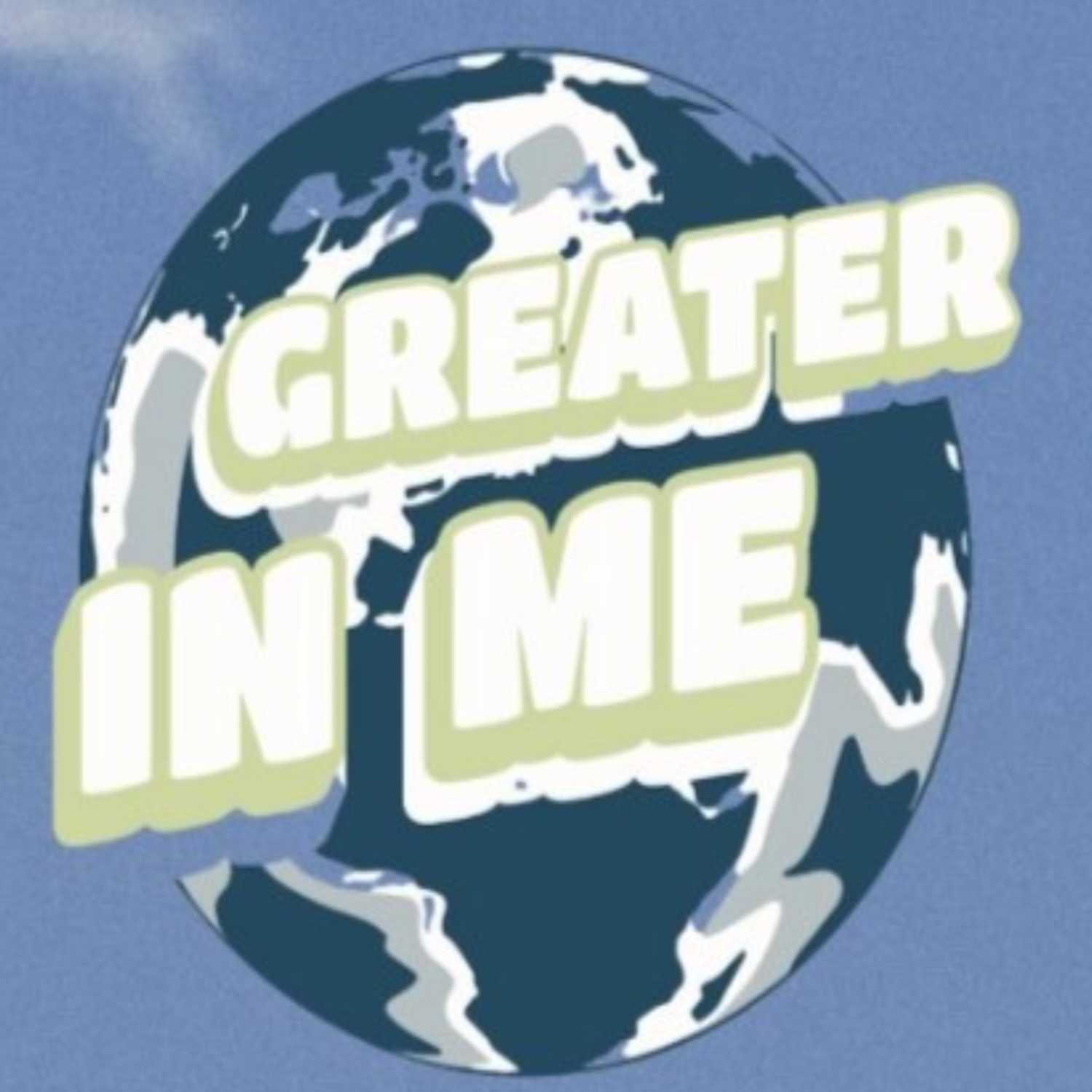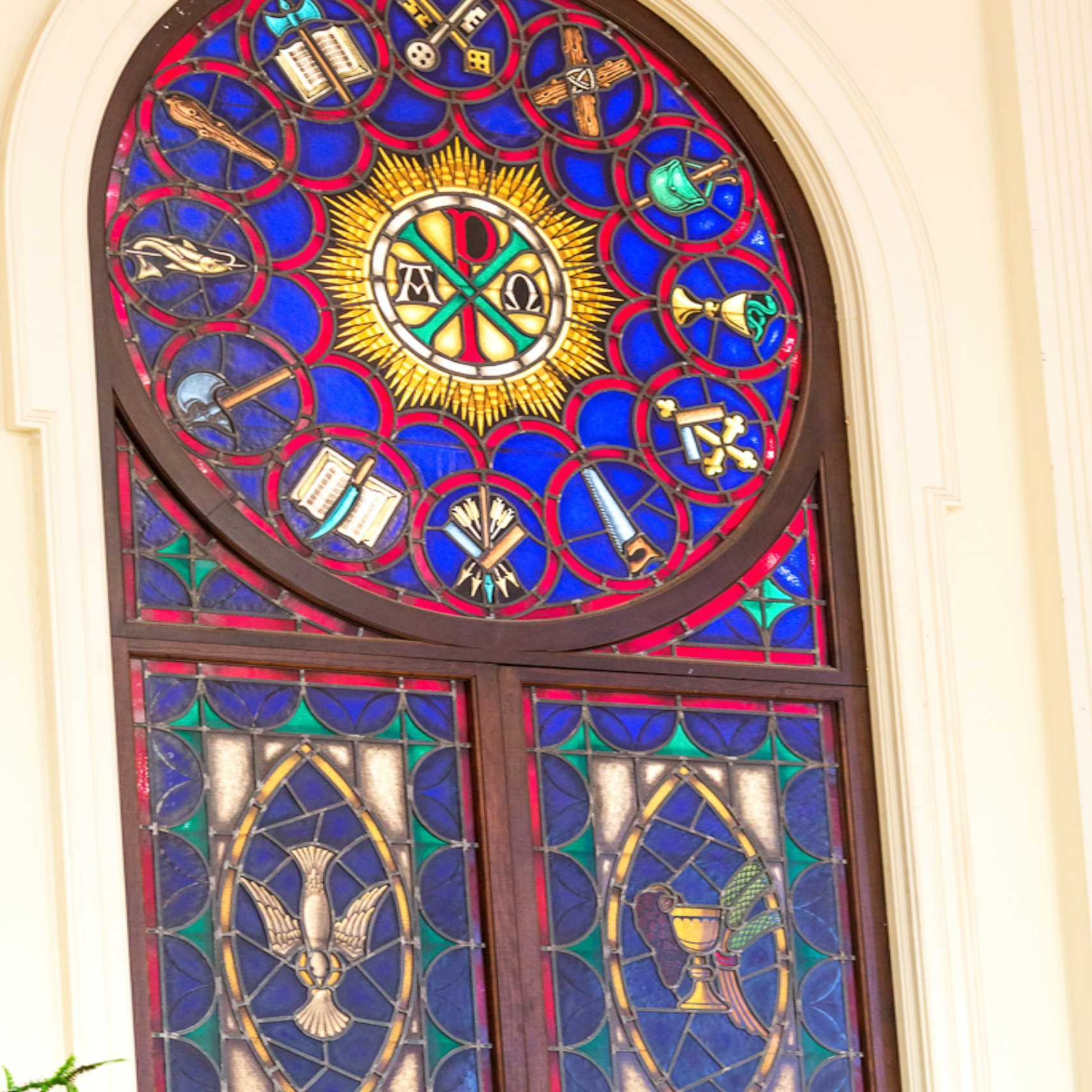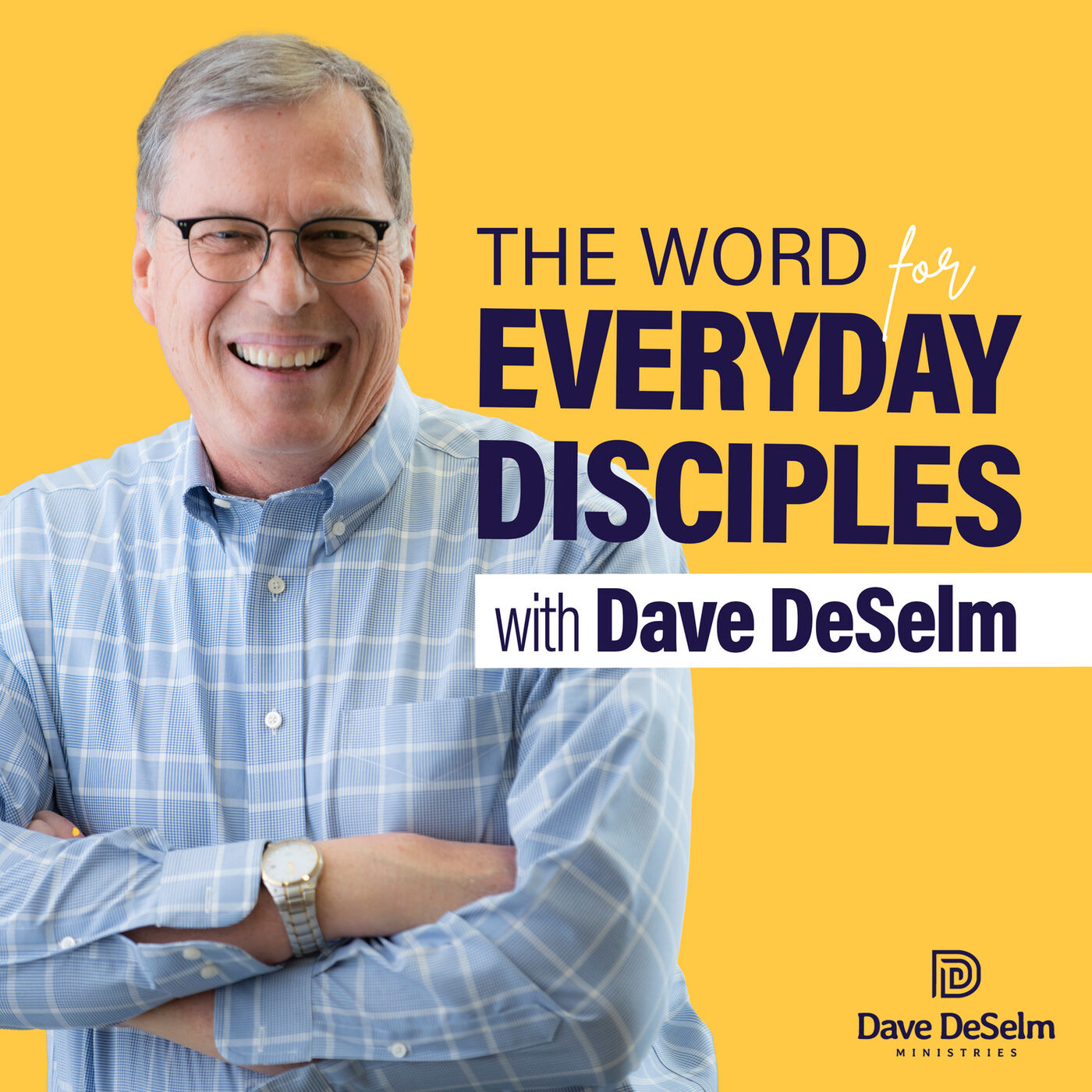Blessed Are the Peacemakers: Walls of Hostility
Relational breakdown is as old as the Bible, and none is more deeply ingrained as the animosity that exists between people of different races, religions, and ethnicities. In Ephesians 2:11-19, Paul talks about the centuries-old hostility that divided Jews and Gentiles. The “circumcised” and the “uncircumcised”. The Jews saw their selection as God’s people not as a platform from which to invite others in, but as a reason to keep others out. This sense of tribalism continues today. The thought that my people and my ways are above all others. The ten-dollar word is “ethnocentrism,” the belief that one’s people group is more superior and significant than others. Ethnocentrism created what Paul refers to as a “wall of hostility.” This was reflected in how Israel’s Temple was laid out. There were barriers everywhere. Walls that divided Jew from Gentile, men from women, priests from laity. Then there was one final barrier. A 6” thick curtain within the Temple itself separated man from God’s presence. It was called the Holy of Holies and only the High Priest could enter and then only once a year to make atonement for sin. Then came Good Friday. Scripture says that at the moment of Jesus’ death, the curtain in the temple was torn in two from top to bottom. The barrier between God and man was gone! Through His death, Jesus destroyed the “dividing wall of hostility,” and created a “new humanity.” A new tribe with a totally new identity. This is the Church. When we become Christians, we may retain our cultural affinity, but it’s no longer our primary identity. This is not to say that there isn’t a richness in who we are culturally. Rather, our primary identity is in Christ, not our culture. In Christ, no matter what our race, gender, age, history, or position in life, we’re closer to those in our Christian family than we are to those of our same race, gender, age, history, or position in life who are not in the family of God. In Christ, we join the ultimate “tribe.” As a result, we need to live by a whole new value system. Our cultural differences may distinguish us, but they should not define us, and they must not divide us. Text: Ephesians 2:11-19 Originally recorded on August 18, 2013, at Fellowship Missionary Church, Fort Wayne, IN.



